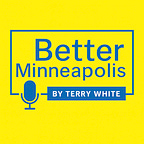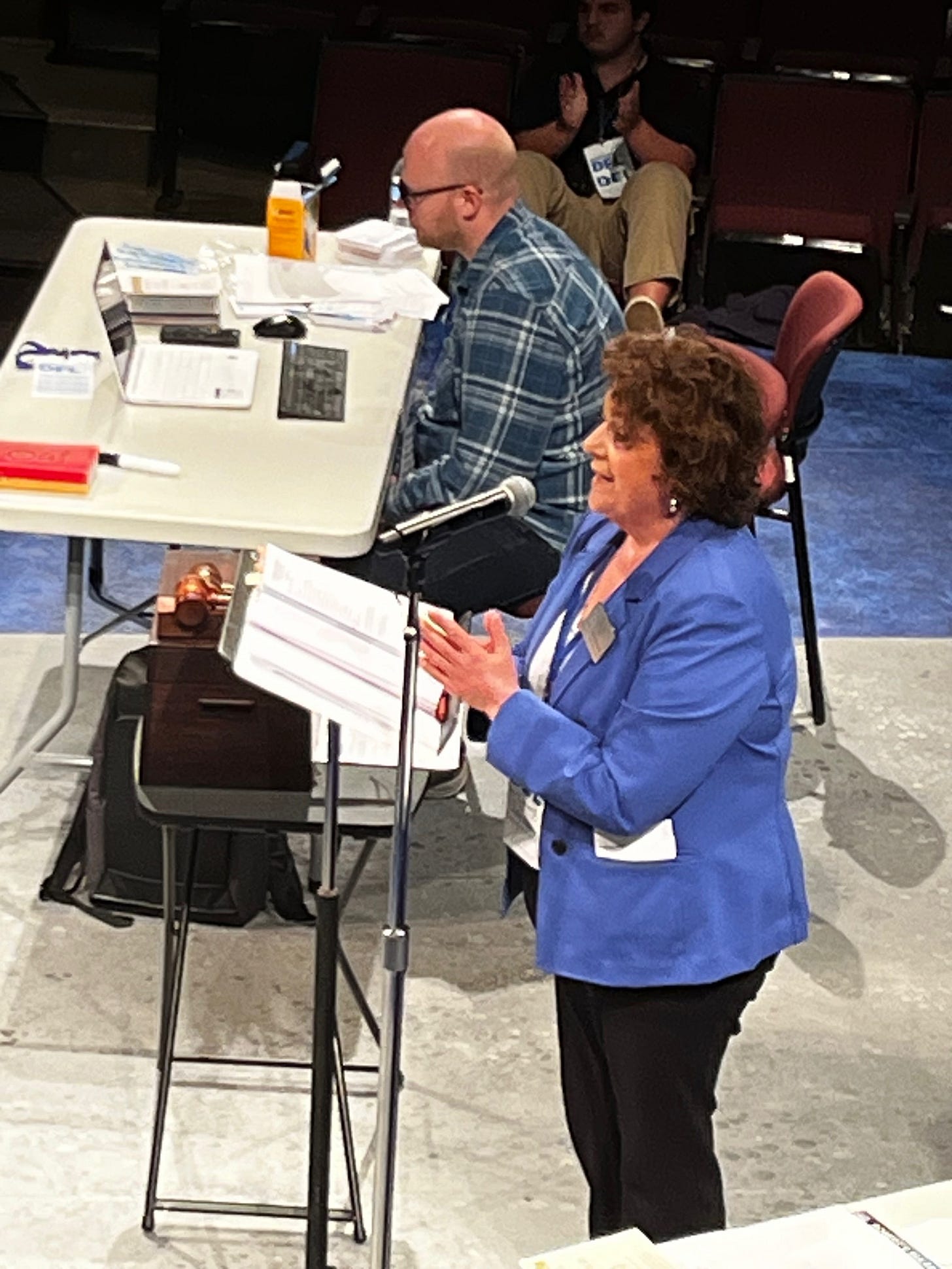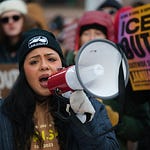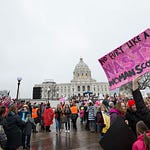City Spending & Transparency
Steve Brandt, President of the Minneapolis Board of Estimate and Taxation, recently proposed a 1% city income tax on households earning more than $200,000 per year. In an April 27 opinion piece published in the Star Tribune, he argued this measure could raise necessary funds without further increasing property taxes.

In an interview with Better Minneapolis, Brandt acknowledged that such a tax could cause some high earners to leave the city—but he expressed optimism that others would replace them. We’re less confident that the city’s current conditions would encourage such turnover. In particular, without strong public services and a favorable business environment, the proposed tax may accelerate outmigration without equivalent offset.
One area where we found common ground was the need for a full and transparent audit of city finances. Where is the money currently being spent?
Before asking residents to pay more, city leaders must make a serious effort to rein in existing spending. Consider two recent examples:
Traffic signal replacements: In a recent council meeting, $4.43 million was approved to replace 12 signal lights and make curb improvements—an average of $369,252 per signal.
Convention center upgrades: Phase 3 of a remodel is underway. The lowest bid to update finishes, lighting, and fire protection in 42 meeting rooms came in at $9.89 million, or roughly $235,405 per room.
To many residents, those numbers will seem out of proportion. With the median home price in Minneapolis at $340,000, it’s fair to ask how a single traffic signal can exceed the value of a house.
If the city believes more revenue is necessary, it must first earn the public’s trust by increasing transparency, clearly defining how new tax dollars would be spent, and demonstrating a commitment to fiscal discipline.
Most residents understand that high-quality city services require investment. But there is a limit—especially when the return on that investment remains unclear. For households earning over $200,000, relocation is a realistic option. If Minneapolis wants to retain and attract these residents, it must offer compelling reasons to stay.
Election Update: DFL Endorsements and Convention Developments
Ward 2: No Endorsement Amid Procedural Disputes
The Ward 2 DFL convention concluded without endorsing a candidate. Challenger Shelley Madore garnered 53% of delegate votes, falling short of the 60% threshold required for endorsement. The convention faced legal challenges and scheduling disputes, reflecting broader tensions within the local party.
Ward 4: LaTrisha Vetaw Secures DFL Endorsement
Incumbent Council Member LaTrisha Vetaw received the DFL endorsement for Ward 4 with 81% of delegate support. Vetaw emphasized her commitment to public safety and community engagement in her acceptance.
Ward 12: Aurin Chowdhury Endorsed Over Becka Thompson
In Ward 12, Council Member Aurin Chowdhury secured the DFL endorsement with 78% of delegate votes, defeating challenger Becka Thompson, a current Park Board Commissioner.
Upcoming Conventions: Wards 5 and 8
The DFL conventions for Wards 5 and 8 are scheduled for Sunday, May 4. In Ward 5, with Council Member Jeremiah Ellison not seeking re-election, several candidates are vying for the endorsement. Ward 8's convention will determine the endorsement for the seat currently held by Andrea Jenkins, who is also not seeking re-election.
Live Chat for Paid Subscribers
A Substack live chat will be available for paid subscribers interested in real-time updates from the Ward 8 convention. The convention is set to be called to order at 1:25 PM; subscribers will receive an email notification when the chat begins.
Here is an outline of the conversation from the Brandt podcast interview:
I. Introduction
Brandt gives background: 49-year resident of Kingfield, 40-year Star Tribune reporter, retired and now involved in politics
II. Reflections on Journalism and Local Media
Changes at the Star Tribune: transition to digital, loss of institutional knowledge
Decline in local government coverage: city council and committee meetings go underreported
Rise of online community voices; importance of vetting sources
Host discusses role of personal perspective in newsletters and podcasts
III. Public Role and the Board of Estimate and Taxation
Brandt’s position on the Board: overview of its origins and current role
Sets annual property tax levy limit
Authorizes most property-tax-backed borrowing
Discussion of the city's budget reserves and Downtown Assets Fund
Opportunities to offset property tax increases using sales/special tax surpluses
IV. Expanding the Downtown Tax District
Inequity in the current boundaries (e.g., North Loop)
Consideration of expanding geographic scope without lowering rates
Debate over maintaining vs. reducing the 3% tax rate
V. Opinion Piece Discussion: Alternatives to Property Tax
Problem: city relies too heavily on property taxes
Proposal: 1% income tax on households earning over $200k
Could raise ~$40 million annually
Collected via state tax form with minimal administrative burden
VI. Legislative Path & Feasibility
City Council and mayor can advocate but can’t implement tax
Would require state legislative approval and inclusion in city’s legislative agenda
Proposal should be researched thoroughly before 2027 session
VII. Reactions and Feasibility Concerns
Feedback from DFL conventions largely positive
Concerns from residents about high-earner thresholds and potential migration
Brandt emphasizes the need for research using experiences from other jurisdictions
VIII. Broader Budget Oversight and Reform
Call for long-term budget review and spending efficiency
Example: St. Paul’s external audit of spending patterns
Potential collaborators: Federal Reserve, University of Minnesota, former budget officials
IX. Alternative Revenue Ideas
Sugary drink tax (e.g., Santa Cruz model)
Tiered property tax structure
Higher rates on second homes
Regional taxation mechanisms for visitors and commuters
Local government aid from the state – limited political viability
X. Budget Transparency and Campaign Discourse
Lack of budget discussion among council candidates
Importance of deeper budgeting analysis (e.g., program-based budgeting)
Difficulty of tracking program-level spending in public documents
XI. Personal Story: Bicycle Safety
Brandt’s bike accident from a car door opening in a bike lane
Importance of bike infrastructure for commuter safety
XII. Stadium Financing
Opposition to using general tax dollars for professional sports facilities
Support for using special entertainment taxes only
Discussion of post-convention center financing priorities












